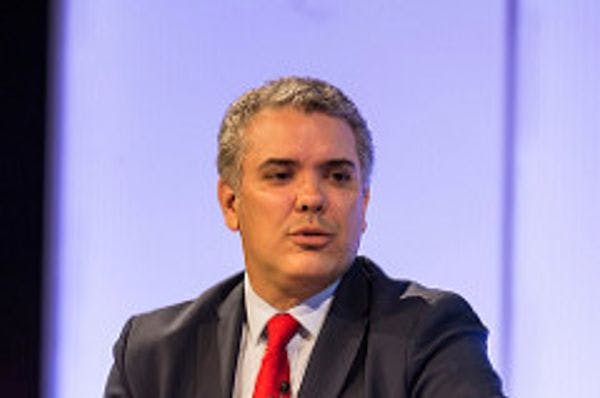CC Flickr Casa de America
What Ivan Duque’s Win Means for Securing a Lasting Peace in Colombia
By Adam Isacson
The votes are counted in Colombia. Today’s elections were not a “second referendum” on the 2016 peace accord with the FARC: issues like corruption, a semi-collapsed healthcare system, and Venezuela’s crisis came to the fore. Nonetheless, the coalition that criticized negotiations to end Colombia’s conflict with the FARC, and narrowly won an October 2016 plebiscite to reject the accord, is now in power. In May of last year a prominent voice in the plebiscite’s “No” coalition, Fernando Londoño—who served as Álvaro Uribe’s first minister of interior and justice, and is now a right-wing radio host—said that “the first challenge” of Iván Duque’s and Uribe’s political party, the “Democratic Center,” is “to rip to shreds this damned paper that they call the final accord with the FARC.” Londoño had also argued that Duque was insufficiently rightist to be the Democratic Center’s standard-bearer, though—so what he says doesn’t tell us what Duque will do.
